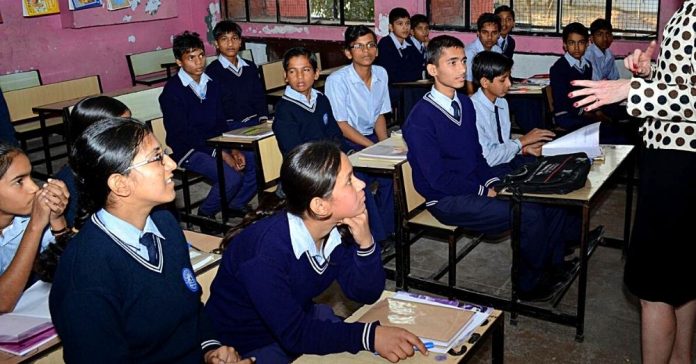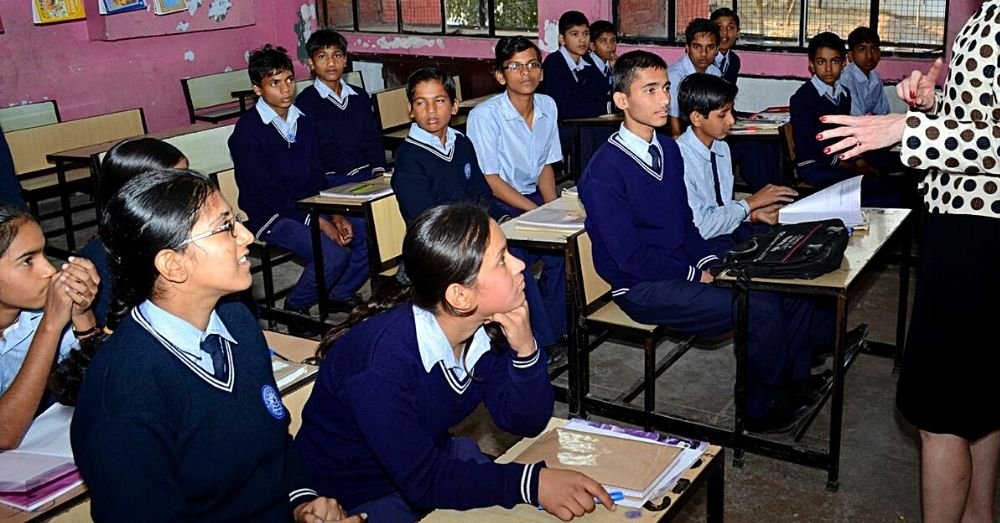
Dr. Biju Dharmapalan
Skills are learned and acquired early in a human’s life. A child’s adaptability to learn new things is something everyone should admire. A child falls many times before he can walk properly. This nature can be observed in every phase of a child’s life. If we train a child properly, we can raise him for any profession we aspire to. A brilliant engineer, doctor, scientist or anything else. Children are always interested in learning and understanding new things. This is their innate behavior. This natural behavior has been suppressed by the education system that has been adopted in our schools. Curiosity is what leads to innovation. Unfortunately, we talk about innovation and startups only at the higher education stage or after graduating from educational institutions. What is the point of talking to a generation that has lost the essence of innovation through the rote learning process practiced in schools and universities?
As they say, the seeds of personality and attitude are sown during school years. If we look at the life histories of great entrepreneurs and scientists, we can see that the spark to do something special was planted during their school years. Elon Musk, founder of companies such as SpaceX, Tesla, and Neuralink, reportedly sold a video game he made himself at the age of 12 and then founded a web software company while attending the University of Pennsylvania. Mark Zuckerberg, co-founder of Facebook, started coding in middle school and developed a messaging program called “Zucknet” for his father’s dental clinic. He continued to hone his programming skills during high school and created various software projects. There are many such examples in the entrepreneurial field.
School children have the ability to think freely and come up with outlandish ideas. The limitations of reality do not bind their minds. They are not bound by the comments of others and have no preconceived notions about ideas. Therefore, they have no hesitation when asking questions. This unconstrained thinking allows them to generate ideas that may seem outlandish to adults but contain the seeds of breakthrough innovation. It encourages critical thinking and pushes boundaries, which are essential ingredients for innovation. Of course, some teachers in our education sector may find it difficult to manage such students.
School students are also born curious. Their insatiable curiosity drives them to seek new knowledge and experiences, fuelling their creativity and innovation. The quality of innovations seen at various School Science Fairs, Children’s Science Conferences and IISF Student Science Village exhibits is ample proof of this. Some of the innovations exhibited by students at these exhibitions are equal to or even better than what adult scientists have achieved in their lifetime. The Ministry of Science and Technology has instituted the INSPIRE – MANAK (Million Minds Augmenting National Aspiration and Knowledge) Award to support student innovators. Implemented through the National Innovation Foundation – India (NIF), MANAK aims to motivate students from classes 6 to 10 to continue with their academic pursuits. The initiative aims to highlight one million unique ideas and innovations that are based on scientific principles and have practical applications in society. The goal is to promote a culture of creativity and encourage out-of-the-box thinking among school students. Another leading scientific organisation, CSIR, has created CIASC (CSIR Student Innovation Award) to harness the creativity and innovative spirit of school children.
From fostering creativity and curiosity to instilling resilience and a willingness to take risks, the lessons learned in school can shape an individual’s entrepreneurial trajectory. While initiatives such as Atal Tinkering Laboratories (ATL) by the Government of India foster curiosity, creativity, and imagination in young people, most schools still focus on traditional rote learning methods. Rote memorization and standardized tests prioritise conformity over creativity, sidelining innovation. Moreover, fear of failure and pressure to excel academically discourage risk-taking and experimentation. As a result, many kids are discouraged from pursuing their innovative impulses, missing out on untapped potential.
The education system must undergo a paradigm shift to bring out the innate creativity of children. From the primary school level, innovation must be made part of the school curriculum. Design activities that allow students to explore and ask questions about the world around them. Allow students to learn from their surroundings, the problems facing society, the problems their parents face at home, the local biodiversity and cultural richness, etc. Teachers should give creative projects to students and allow them to come up with creative solutions. However, they should ensure that students do this within school hours. If not, as is the case in most schools, parents should ensure that their children complete the assignments. In the current culture of most private schools, teachers run away from their duties and responsibilities after taking high tuition fees and passing it on to parents. This will not change the learning process of students, but it will help parents re-learn school lessons. Real transformation can only happen when students are given the freedom to do their assignments without the interference of teachers or parents. Students should learn to embrace failure and enjoy success with their friends.
Teachers need to impart to students the essence of interdisciplinarity envisaged in NEP-2020 right from the beginning of their schooling. Teachers need to help students understand how music relates to physics and mathematics and how language is crucial in understanding science. To achieve this, emphasis should be placed on changing the outdated curriculum of teacher training programmes offered by universities. Also, refresher courses should be provided to school teachers in reputed national centres. This will help teachers broaden their horizons in their field.
Teachers should shed their selfish attitude that they are always right, learn to respect the knowledge of their students and start a new culture of student-teacher collaboration on school campuses. Teachers should join hands to develop prototypes of students’ innovations and work towards patenting and commercializing the products. Governments should give such teachers due recognition to the people. Innovation is the wheel that drives our country towards progress and without great teachers and students our country cannot move forward. Both should be treated with utmost care for the good of the nation.
(The author is a part-time lecturer at the National Institute of Advanced Studies, Bangalore)

